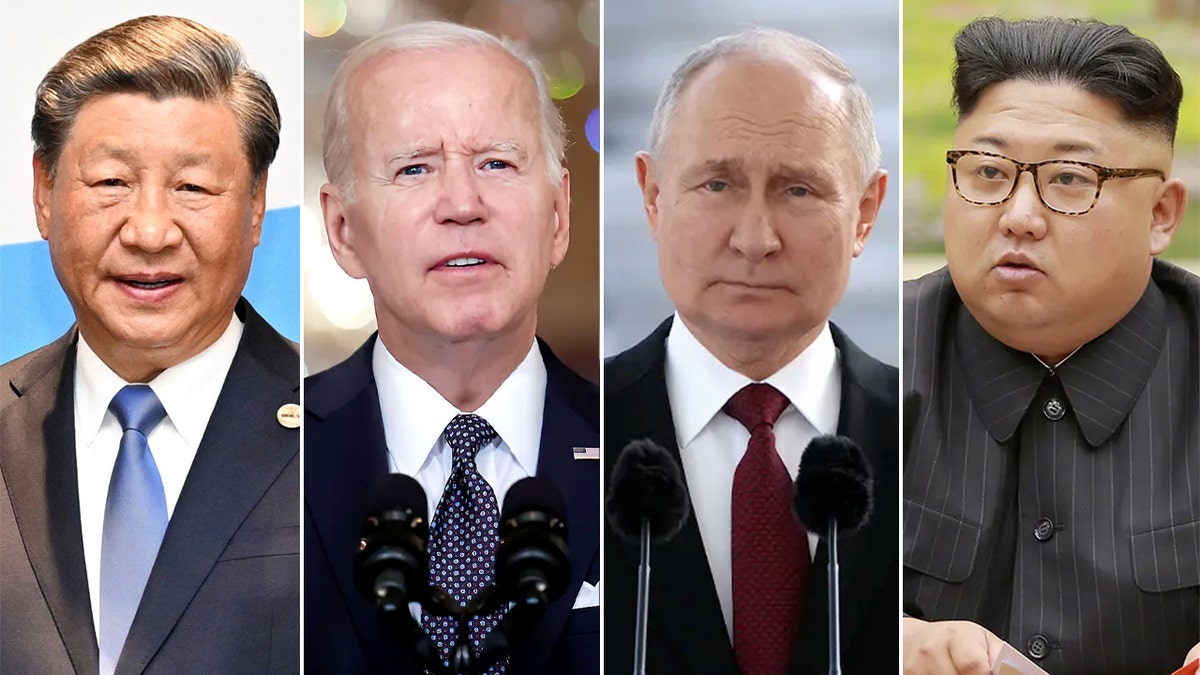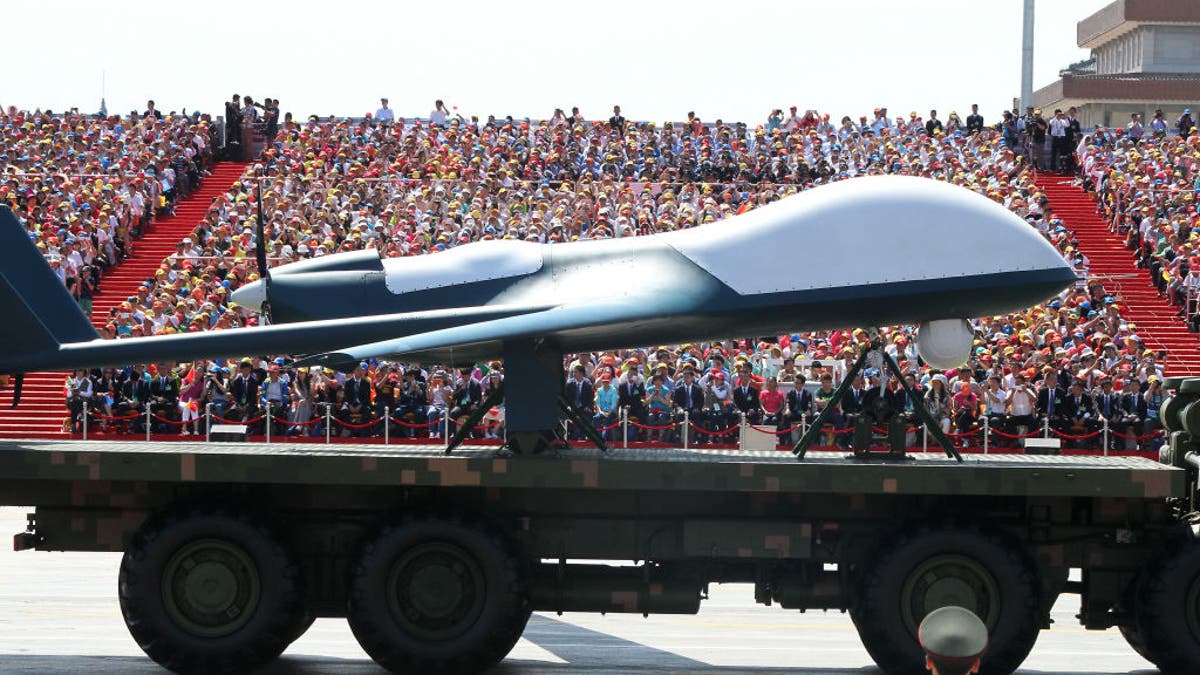US faces uncertain role as conflicts, threats arise in different corners of globe
The outbreak of conflicts on multiple fronts has some concerned that U.S. resources will be spread too thin to confront evolving threats.
“Certainly the international upheaval we are experiencing today is eerily reminiscent of the turbulent late 1970s, with the Soviets invading Afghanistan and revolution in Iran destabilizing the Middle East brought on by the perception of weak leadership in the United States,” Victoria Coates, vice president of national security and foreign policy at The Heritage Foundation, told Fox News Digital.
The comments come as Israel has launched an offensive against Hamas in Gaza, a response to a surprise attack by the terror group last month that claimed the lives of some 1,400 Israelis.
NORTH KOREA ACCUSES ISRAEL OF ‘GENOCIDE’ IN GAZA, LABELS US AN ‘ACCOMPLICE’
The war is just the latest in a cascade of looming or active conflicts around the world, including Russia’s invasion of Ukraine that threatens to enter a third year in 2024. The surprise developments have many fearing what conflicts could come next, with persistent worry over China’s ambitions toward Taiwan, the seemingly increasingly hostile posture of a nuclear armed North Korea toward its southern neighbor, and Iran’s continued pursuit of a nuclear weapon.
While the world has enjoyed an unprecedented period of relative peace since the conclusion of World War II, in large part as a result of U.S. military deterrence. For most of the period between Japan’s surrender and the fall of the Berlin Wall, fears of escalating conflict centered on the intense competition between the world’s two great superpowers, the United States and Soviet Union.
Today, the nature of conflict makes it easier for new crisis to emerge rapidly.
ISRAELI CABINET DECIDING ON GAZA INVASION TIMING, NETANYAHU SAYS, PLEDGING TO EXACT ‘HIGHEST PRICE
“We are in an era of a new generation warfare, which is enabled by high-tech weaponry, making war much more lethal,” Rebekah Koffler, a strategic military intelligence analyst, former senior official at the Defense Intelligence Agency and author of “Putin’s Playbook,”told Fox News Digital. “Globalism has enabled the democratization of high-tech. Weapons can be traded legally or illegally through clandestine networks, smuggled, proliferated. It’s not only the top geopolitical players like the U.S., NATO, Russia and China have these powerful weapons but also Iran, North Korea and non-state actors and terrorist groups. These groups are less scrupulous about starting a local conflict, which in the age of high-tech escalates quickly.”
Many of the players driving modern-day fears remain the same. With Russian President Vladimir Putin’s apparent desire to restore some of what was lost after the fall of the Soviet Union, and with Israel’s offensive into Gaza, tensions are high.

Koffler also noted that there has been a continued rise in “dangerous ideologies,” such as Islamic extremism, that contribute to increased tensions.
ISRAEL TEDDY BEAR DISPLAY HIGHLIGHTS HAMAS’ CHILD HOSTAGES
“This ideology is much more spread out today across the world than the Nazi racial ideology that drove Nazi Germany to pursue the extermination of the Jews,” Koffler said. “That ideology was contained for the most part to Germany. Today, many terrorist groups are driven by Islamic extremism, their minds are captured by the hateful doctrine, which they feel they must act upon.”

Koffler argued that the outbreak of two wars could make it more likely for China to act on its ambitions with Taiwan, noting that they may believe U.S. attention is “spread too thin.”
“Given that Washington is now pre-occupied with two wars already – Ukraine and the Israel-Hamas conflict – this will probably drive a change in Xi Jinping’s calculus,” Koffler said. “He may assess that it’s a good time to initiate offensive operations against Taiwan because the U.S. is spread too thin, not only military capability wise, but also attention-wise.”
That lack of ability to react makes the growing instability more dangerous, Koffler noted, arguing that the U.S. and its allies are not prepared for a war with one of the world’s greatest powers.
“The United States and the West are not prepared for a multi-front war, a two-front or even for a one-front war if such a war were to erupt between the U.S. and a ‘near peer competitor,’ a designation that the Pentagon has assigned to China and Russia,” Koffler said. “It is not because we don’t have the required military capabilities or capable forces. The U.S. military is the best war-fighting force in military history. We aren’t prepared because we don’t have a proper strategy to fight the next generation of warfare. We are excellent tactically but entirely incompetent strategically.”
Read the full article Here


